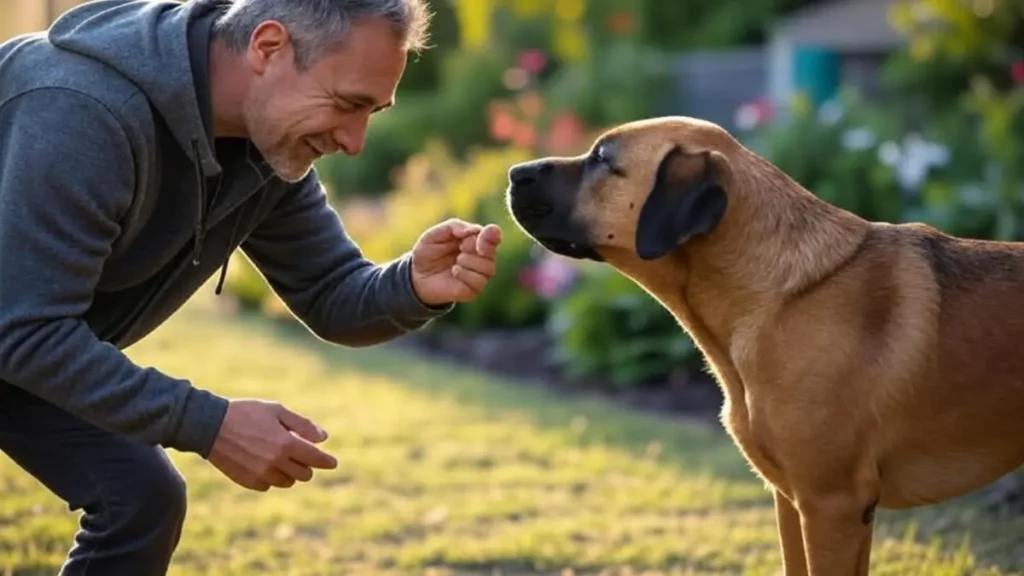Pet Ownership Laws in South Africa (2025): Everything You Need to Know
Thinking about getting a pet in South Africa? Whether you’re eyeing a cuddly cat, a loyal dog, or something more exotic, you need to know that pet ownership here isn’t just about food and cuddles—it comes with legal responsibilities. South Africa has some of the most structured pet ownership laws on the continent, blending national legislation with localized rules to promote animal welfare, protect communities, and encourage responsible pet parenting.
As of 2025, these laws have become stricter than ever, especially with the introduction of new national vaccination requirements. From how many pets you can keep to whether your garden fence is high enough, everything is regulated either by national law or your local municipality. If you’re living in a sectional title unit or a community governed by a homeowners’ association (HOA), you’ve got even more rules to consider.
Understanding these legal expectations isn’t optional. Failure to comply can result in hefty fines, legal battles, or, in severe cases, losing your pet. So whether you’re a first-time pet owner or already have a mini zoo at home, this guide will break down everything you need to know about owning pets legally in South Africa in 2025.
The Animal Protection Act of 1962
The cornerstone of animal welfare in South Africa is the Animal Protection Act of 1962. While the legislation may sound dated, its principles remain deeply relevant and are still enforced with vigor across the country.
Core Responsibilities of Pet Owners
Under this act, every pet owner in South Africa is legally obligated to ensure their animal’s well-being. This includes providing:
- Sufficient food and clean water
- Adequate shelter from the elements
- A hygienic and safe living environment
- Regular social interaction and stimulation
- Proper medical care when needed
The law doesn’t just encourage kindness—it demands basic humane treatment. If you’re locking your dog in a cramped cage all day, chaining it to a tree, or neglecting to feed it properly, you’re not just being a bad owner—you’re breaking the law.
What Constitutes Animal Cruelty Under This Law?
Animal cruelty in South Africa goes beyond physical abuse. The law defines it to include emotional neglect and deprivation. Here are actions that fall under animal cruelty:
- Abandoning pets
- Failing to provide medical care for illness or injury
- Keeping animals in unsanitary or dangerous environments
- Chaining or confining them in a way that causes suffering
- Forcing pets into fights or overworking them
Even seemingly minor offenses—like leaving your dog without shade on a hot day—can lead to legal consequences. The Animal Protection Act ensures that animals are treated not just as possessions but as sentient beings with rights.
Legal Penalties for Non-Compliance
What happens if you break these rules? Depending on the severity of the offense, you could face:
- Fines (ranging from hundreds to tens of thousands of Rands)
- Criminal charges with a potential prison sentence
- Confiscation of your pet(s) by authorities
- Permanent bans on future pet ownership
Law enforcement works closely with SPCA and local animal welfare organizations to investigate complaints. If found guilty, your name could end up on a national list of banned pet owners.
Municipal By-Laws Governing Pet Ownership
While the Animal Protection Act governs the entire country, municipal by-laws take things to a more detailed and localized level. These by-laws are where you’ll find specific rules on how many pets you can own, how they must be housed, and what kind of registration is needed.
Role of Municipalities in Regulating Pets
Each local municipality in South Africa has the power to enforce its own set of rules. Whether you’re in Johannesburg, Cape Town, Durban, or a small rural town, your local government will have its own version of animal control by-laws.
Key responsibilities of municipalities include:
- Regulating the number and type of pets per household
- Enforcing mandatory pet registration and microchipping
- Setting noise/nuisance policies (e.g., barking dogs)
- Managing stray or dangerous animal complaints
For example, the City of Cape Town has a comprehensive pet registration system and strict regulations regarding the number of pets allowed per property type.
Pet Number Limits by Property Type
Municipal by-laws define exactly how many pets you’re allowed to keep based on your property size and type. Here’s a general overview:
Sectional Title Units (Flats or Townhouses)
- Usually limited to 2 dogs
- Some complexes only allow pets with written permission from the body corporate
- Noise and nuisance complaints can lead to removal
Freestanding Homes
- Up to 3 dogs and 4 cats are generally allowed
- Some areas require you to apply for a permit if exceeding this limit
Large Residential Plots (>600 m²)
- Permitted to keep up to 4-5 dogs and 6 cats
Agricultural Properties
- Limits increase to 6 dogs or more, depending on land usage
- Animal farming and breeding may require additional permissions
It’s essential to check with your specific municipality, as these numbers can vary. Exceeding pet limits without approval can lead to warnings, fines, and forced pet rehoming.
Pet Registration and Licensing
In cities like Cape Town, Johannesburg, and Tshwane, pet registration is mandatory. This allows authorities to manage pet populations, ensure vaccination compliance, and reunite lost pets with their owners.
Most municipalities now also encourage or require microchipping, making it easier to track pets and reduce the burden on animal shelters.
New 2025 National Vaccination Law
One of the biggest legal updates in 2025 is the mandatory pet vaccination law, which came into effect on 1 September 2025. This law applies nationwide and affects every pet owner with dogs or cats.
Mandatory Vaccinations and Diseases Covered
The new law requires all dogs and cats over three months old to be vaccinated against:
- Rabies
- Canine distemper
- Parvovirus
- Adenovirus
- Feline calicivirus
- Feline herpesvirus
- Feline panleukopenia
The goal is to curb the spread of infectious diseases among pets and protect public health.
Legal Requirements for Pet Owners
Pet owners must:
- Vaccinate their pets annually
- Maintain veterinary records and certificates
- Present proof of vaccination when registering or renewing registration
Failure to comply with the new law is not a slap-on-the-wrist offense. Authorities are actively inspecting homes and verifying documents, especially in densely populated areas.
Penalties for Non-Compliance
The new vaccination law includes strict penalties, such as:
- Fines of up to R10,000 per unvaccinated pet
- Possible removal of pets from the owner’s custody
- Criminal charges for repeat offenders
This law puts the spotlight on preventive healthcare, making responsible ownership a legal necessity.


